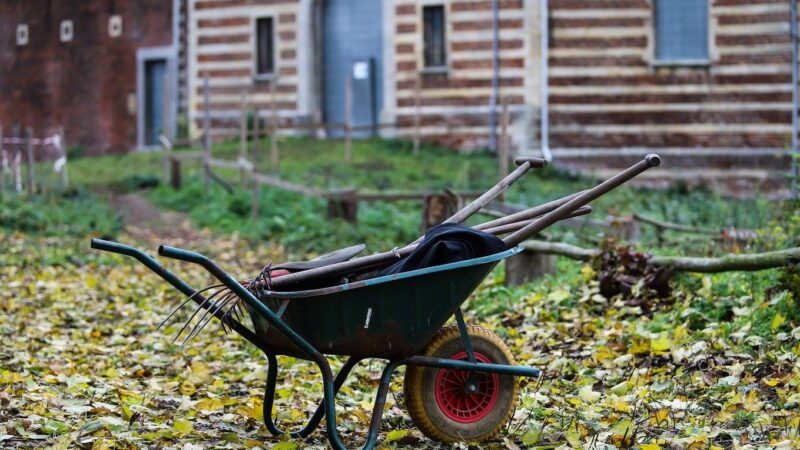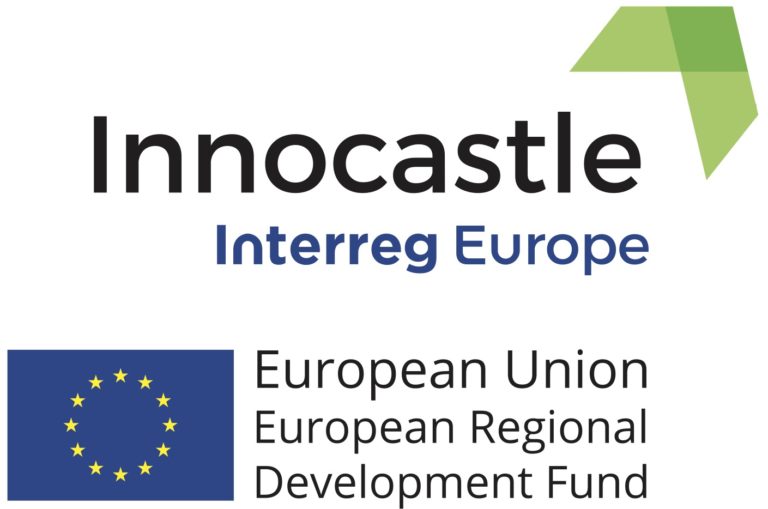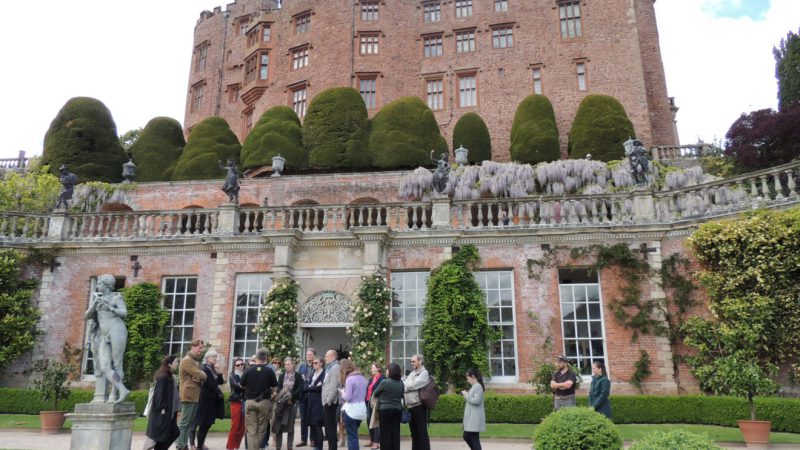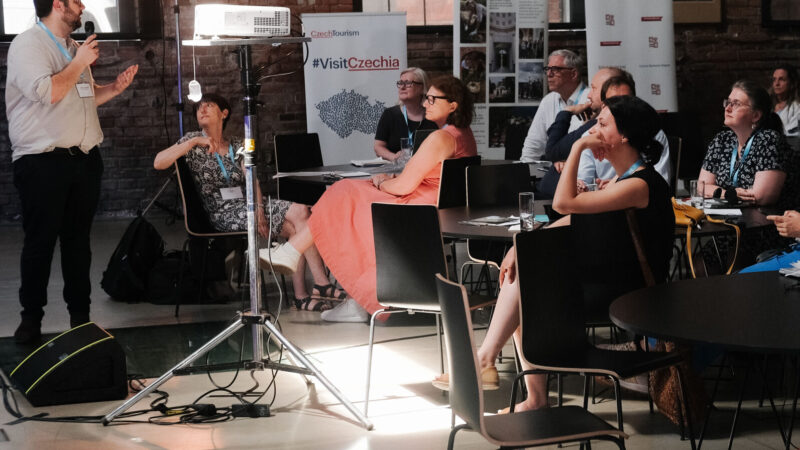
Innocastle update
Drinking from the fire hose
A blog by Catherine Leonard, INTO Secretary-General
It’s been a challenge delivering projects this year. Many of us have had to rethink the ‘how’ of so much of our work. Creating home offices, virtualising events, postponing travel, putting activity on ice to save resources.
In a business context, National Trust CEOs have faced the ultimate leadership test. As Natalie Bull, Executive Director of the National Trust for Canada and INTO Trustee, said on a recent call ‘we’ve all been drinking from the fire hose’. But now we’re moving from ‘quick fixes’ to taking decisions about the long-term. Which is much, much harder to get right.
And Innocastle is no exception. With so many staff furloughed, the INTO team has had to focus on delivering all the National Trust’s Innocastle activity this semester. From preparing and submitting financial reports to the EU to helping organise and speaking at webinars. From joining partner meetings to reviewing key project outputs and web copy.
All our project partners have been busy. Busy fulfilling their overarching missions at home amid very changed and difficult circumstances. But they’ve also managed to continue delivering the Innocastle project, even turning some of the challenges into opportunities.
Not only have we not given up, we have worked together, supported one another and continued to remind the world of the importance of our work. This spirit of entrepreneurship, cooperation and resilience will help us weather the storms of 2021.
From learning to implementation
The period June-November 2020 marked the end of Phase 1 of the project. This was all the interregional learning and so there were important milestones to reach, including finishing the Study Visits, the publication of the Baseline Survey and working on the Local Action Plans. Phase 2 focusses on implementing the LAPs in the four regions.
So, we began the semester with an interview with Eurodite, our project co-ordinators. There is a summary of these discussions with all the partners on the Innocastle website. And they very much reflect our own research over the summer into the impacts of Covid-19 on the heritage sites of the world’s National Trusts.
In July, we reviewed the draft Baseline Survey, adding remarks to the online document on both content and language. In August, we researched and provided images from the National Trust for inclusion in the document.
We worked with the Province of Gelderland and Eurodite on preparations for the Mid-Term Conference, including a video entitled ‘The adaptation of European country houses and rural estates in times of Covid’. I also prepared and recorded a presentation on the democratisation of heritage.
And we were delighted to participate in the launch of the Baseline Survey, and to lend our support to the 13 policy recommendations. These are organised under three themes: Understanding rural estates; making the case about their value; and developing them in the future.
I was invited to speak on visiteering and programming at the EU Week of the Regions and Cities event ‘Resilient heritage, cohesive society‘ on 14 October. The workshop explored how our work can bind individuals together and build stronger communities. Using the heritage people live and work within as an agent for change to help build a more cohesive society. And this is a theme we’ll be taking further next year as we look towards INTO Online 2021.
On 3 November, Alex Bishop, June Taboroff and I all participated in Part 2 of the online Flemish Study Visit. The first online workshop back in May had been incredibly inspirational, especially hearing from Paul Lambrechts at Heers Castle, a partner sites of INTO member, Herita.
The second part was an innovative design sprint, focussed on the use of digital technology. Not just a brainstorming, but a way to move forward concrete suggestions for each of the Innocastle partners. Some interesting ideas were presented, such as By the Code of the Soil, which turns soil data into digital art whenever the land-mapping satellite Sentinel-1 passes overhead. And the Lost Palace, an immersive heritage experience that brings the hidden history of Westminster to life. There’s a great video here of Tim Powell, Digital Producer at Historic Royal Palaces, explaining how it all works.
Then later in November we supported the Badajoz team on the Local Action Plan methodology and reviewed the draft LAPs. June and I then began to hold meetings with the project partners to discuss their plans.
What is Innocastle?
Innocastle is about innovating policy instruments for preservation, transformation and exploitation of heritage castles, manors and estates.
We are proud to be a part of this Interreg Europe project in our role as delivery partner for the National Trust internationally. And through Innocastle, we are supporting INTO members in Belgium, the Netherlands, Romania and Spain by helping develop heritage friendly policies.
All over the world, rural heritage sites face the challenge of finding a sustainable future. Through the exchange of know-how between the five project partners, Innocastle aims to improve policy instruments governing castles, manors and estates across the European regions.
The partners are: National Institute of Heritage in Romania (lead partner), University College Ghent in Belgium, Province of Gelderland in the Netherlands, Regional Government of Extremadura in Spain and the National Trust in the United Kingdom of Great Britain and Northern Ireland (knowledge partner, through INTO).
The project is financed by Interreg Europe, with a total budget of €1,120,335.00 (85% ERDF, 15% co-financing).

Read more about Innocastle



